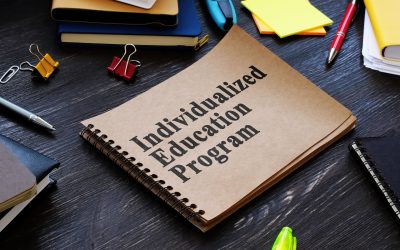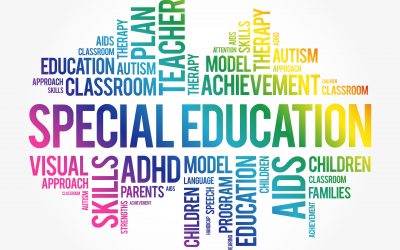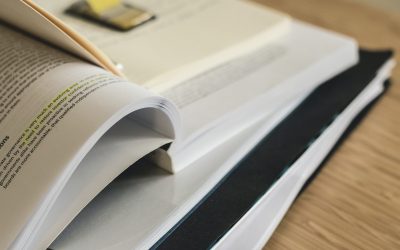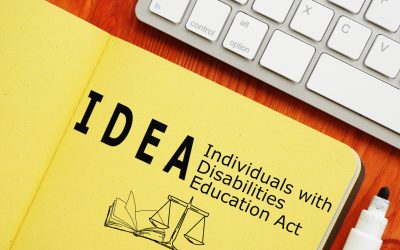This end-of-year check-in will review seemingly unsolvable errors and discuss trends, tips, and tricks to certify. The Data analyst will go over the auditing techniques the SELPA uses to audit the data and certify. This thirty-minute check-in is an excellent place for CALPADS users to come together to solve any issues that cannot be solved.
Itinerant Specialists
End of Year Service Tracking
This thirty-minute training will cover any end-of-year housekeeping items that must be taken care of. The Data Technicians will give tips on verifying all data is correct and will go over all reports to be completed and submitted for auditing purposes.
Service Tracker for Itinerant Special Education Staff
This training will focus on how to use Service Tracking in SEIS to its full potential. With the new legal requirements around Service Tracking, it’s more important than ever to know the ends and outs of the program. The Data Analyst will review how to pull various reports, bulk delivery, and troubleshoot common errors.
Fundamentals of IEP Note Taking
This training is designed to teach IEP administrators best practices for taking IEP notes. Information presented will include what should and should not be stated in the IEP notes, best practices for IEP note-taking, and how to handle disagreements over IEP notes.
Role of the LEA Administrator at the IEP Meeting
This training will focus on the LEA Administrator’s role in every IEP meeting as a communication activity within a legal and leadership framework. The essentials of both frameworks will be reviewed through the lens of what the LEA Administrator needs to know and be able to do as they lead the process of IEP meetings.
How to Interpret Psycho-Educational Evaluations
Teachers, specialists, and administrators receive psychoeducational evaluations of their students with IEPs. What do all those standard scores mean? How can the information in a psychoeducational report support teachers and specialists in planning effective academic interventions and quality educational programs? This training will inform IEP team members on interpreting and understanding assessment data and focusing on educational strategies.
IDEA and Section 504: Understanding the Differences
This training will compare and contrast the IDEA and Section 504 from a legal and practical perspective. The most significant differences between IDEA and Section 504 in Assessments, Accommodations vs. Services, and FAPE will be explored.
The Prior Written Notice: When It’s Required
A Prior Written Notice (PWN) is an opportunity for schools to communicate with families of students with disabilities regarding implementing the student’s programming. This training discusses how the IDEA guides the appropriate use of a PWN and the seven different components to be embedded within the PWN. Additionally, participants will discover sample templates and proper ways to communicate in a PWN so all team members have a clear, concise understanding of the proposed or refused implementation of programming for an individual student.




